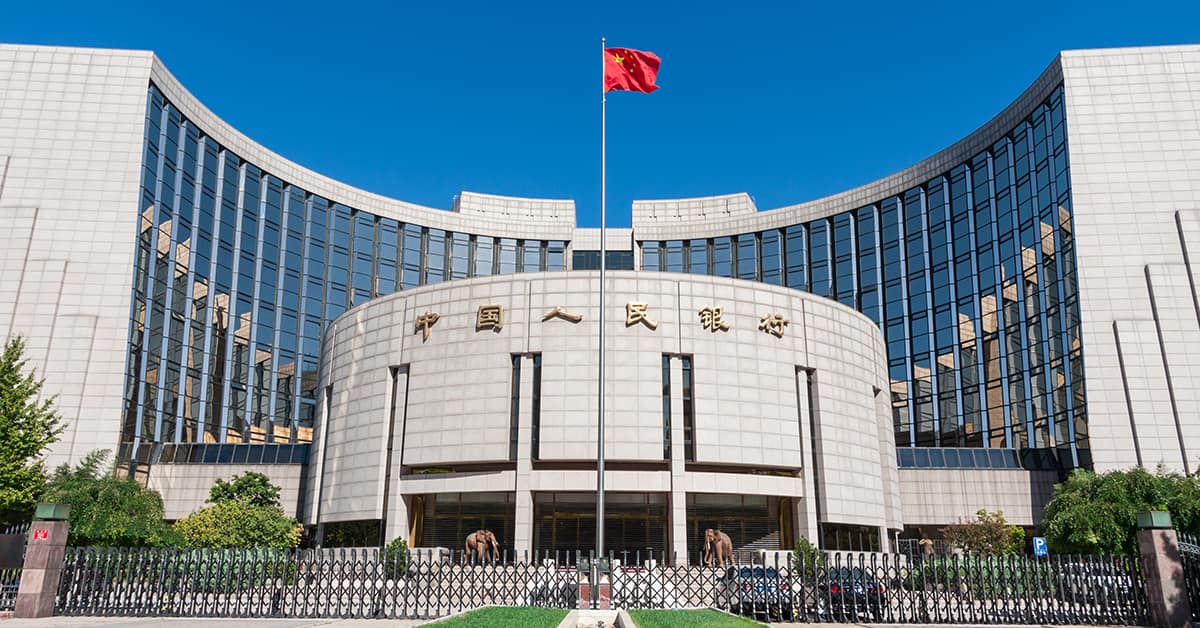Barring cryptocurrencies will prevent Chinese yuan from leaving China in the form of Bitcoin or other cryptocurrencies, allowing the government to maintain control of its centralized fiscal and economic systems.

China restricted the trading and use of cryptocurrencies further on May 18, 2021, which contributed to the cryptocurrency market’s decline in recent weeks.
The National Internet Finance Association of China, the China Banking Association and the Payment and Clearing Association of China jointly issued new regulations that bar companies from using or supporting crypto trading or transactions. Also, banks and online payment chan-nels in China cannot offer financial services involving cryptocurrencies.
China banned its local cryptocurrency-exchange market in 2017, which accounted for approximately 90% of global bitcoin trading at the time. In 2019, the People’s Bank of China (POBC), China’s central bank, cited its concerns regarding cryptocurrencies’ lack of actual value support, which could lead to price manipulation for money-laundering purposes and pose potential sys-tematic risks.
After the POBC’s 2019 statement, authorities blocked access to domestic and foreign cryptocurrency exchanges and initial coin offerings. Bitcoin’s roller-coaster price changes over the past few recent months, Dogecoin’s skyrocketing value in early 2021, and Tesla CEO Elon Musk’s influential and confusing statements only confirmed POBC’s concerns that cryptocurrency speculation could lead to a bubble, and justified its latest cryptocurrency regulations.
Although China hasn’t yet prohibited its citizens from holding cryptocurrency, the new bans will help protect consumers from losses from speculative cryptocurrency investments.
Barring cryptocurrencies will prevent Chinese yuan from leaving China in the form of Bitcoin or other cryptocurrencies, allowing the government to maintain control of its centralized fiscal and economic systems.
China’s new cryptocurrency regulations are another strict regulatory procedure for Chinese tech monopolies, including fintech, to promote fair competition and consumer-protection practices. They follow the new antitrust law enforcement measures the government enacted in late 2020, and Ant Group’s mandated restructuring in April, which the PBOC supervised.
Banning cryptocurrencies also sanitizes the market before China launches its own central bank digital currency, now in pilot mode. The digital yuan will help Beijing maintain its central role in society and demonstrate its control of its fintech community.



